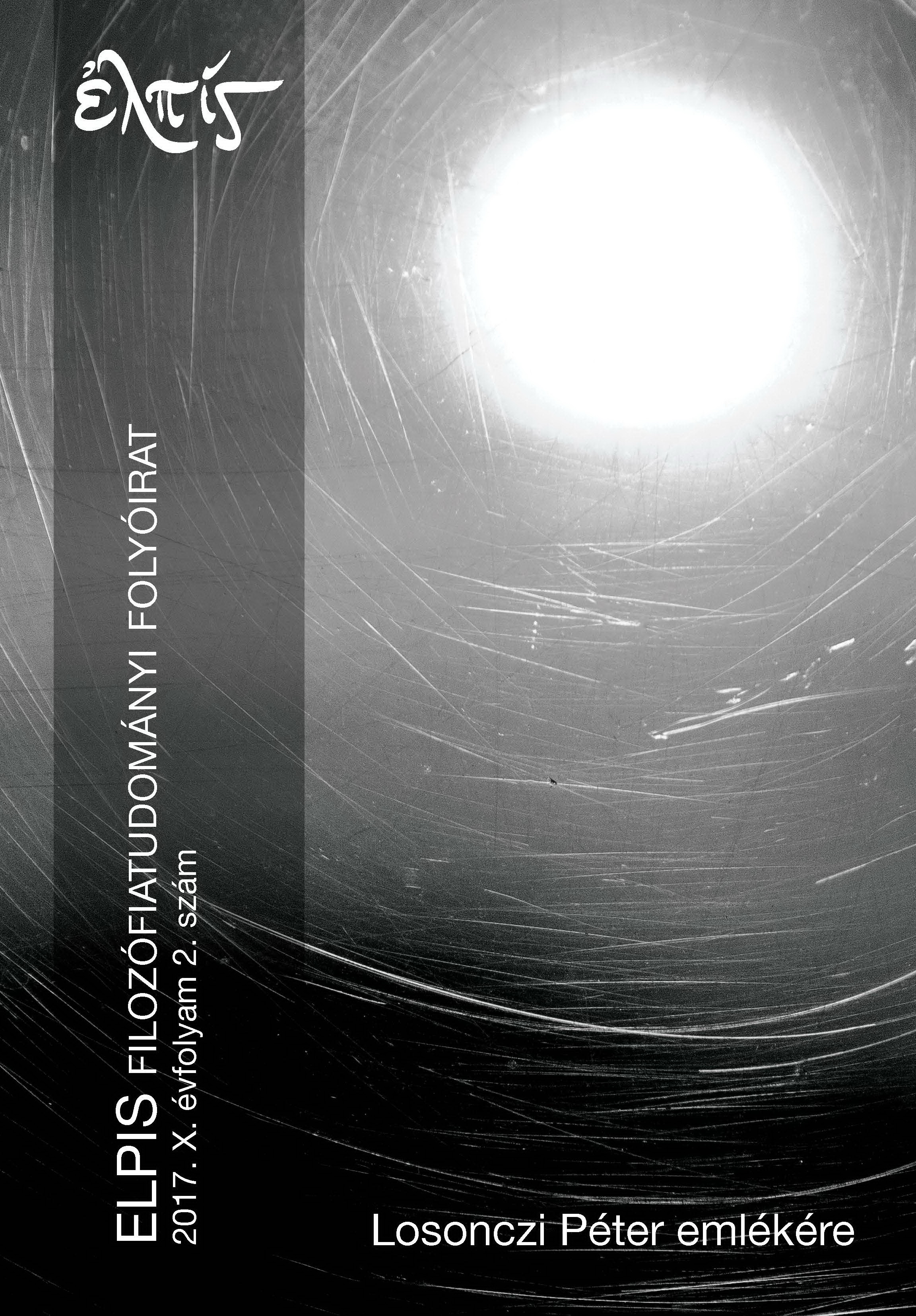The Cartesian Concept of Mind
DOI:
https://doi.org/10.54310/Elpis.2017.2.2Keywords:
Descartes, Mind, Philosophy of Mind, PredicateAbstract
According to my thesis, the following S-scheme expresses Descartes’ criterion of being a predicate which can be true of mind: it is necessarily true that when S thinks that he does j, then he does j. So a predicate j is mental only if it satisfies the S-scheme. If j can be stated about man but it does not satisfies the S-scheme, then it is a bodily predicate. I confirm by the S-scheme that „think”, „understand”, „perceive”, „feel”, „want” are mental predicates, while „walk” is a bodily predicate. After this, I argue that according to Descartes’ philosophy of mind, in the S-scheme the verb „think” means in case of mental predicates that S is immediately conscious of the activities of his mind. Following this, I investigate the extent to which Descartes thought S has incorrigible knowledge about the activities of his mind and the extent to which they are transparent to him. It is shown in this context that for Descartes, S is not actually conscious of all the activities and contents of his mind. Therefore, his mind is not actually transparent to him with respect to these contents. As a result, a concept of mind that is more complex and differentiated than Descartes’ well-known interpretation suggests takes shape before us.




